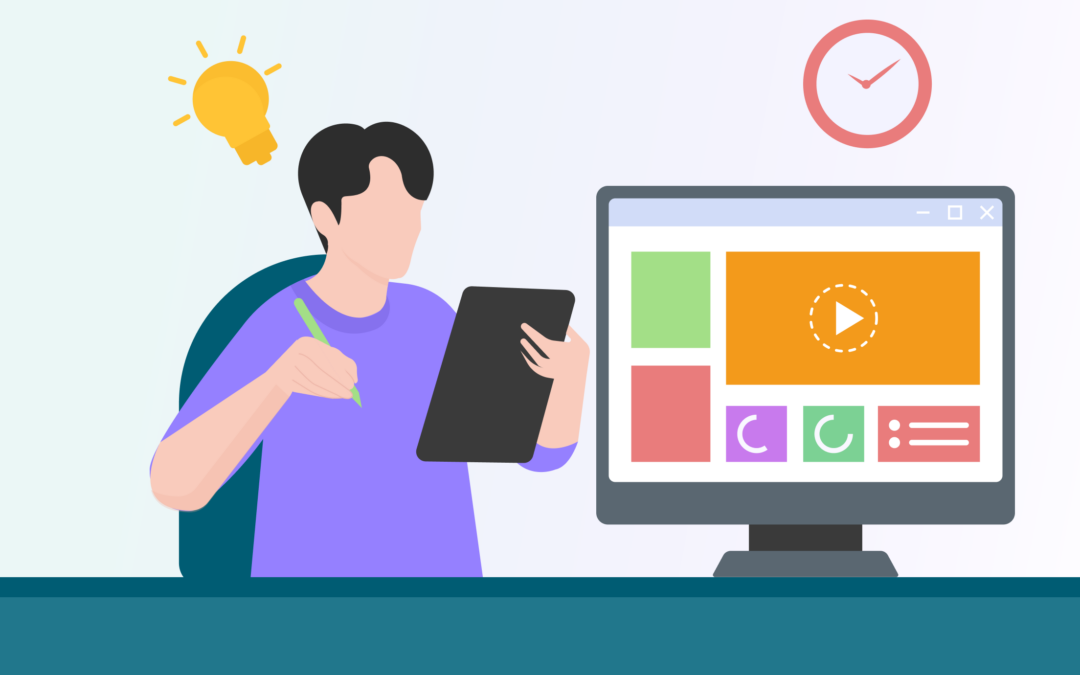
The Future of Learning: Trends of 2025
Personalized Education Through Artificial Intelligence
The year 2025 marks a pivotal shift in how students engage with education, thanks to the deep integration of artificial intelligence (AI) into the classroom. Platforms like Khan Academy, powered by OpenAI’s GPT models, now offer personalized tutoring systems that adapt in real-time to each student’s needs. From predictive learning paths to adaptive quizzes, students receive a curriculum tailored to their learning speed, strengths, and weaknesses. Schools embracing this model are seeing faster comprehension rates and deeper engagement, particularly in STEM subjects.
Cloud-Based Classrooms Enabling Global Collaboration
Learning is no longer confined to the physical classroom. With cloud technologies like Google Workspace for Education and Microsoft Teams for Education, students from Tokyo to Toronto can work together on projects in real time. Teachers are creating virtual classrooms that host international guest lectures, cross-border science fairs, and real-time peer reviews. Cloud infrastructure ensures high availability, data security, and instant file access. It’s not uncommon now for 10-year-olds to collaborate globally using tools like Padlet or Canva for Education.
Gamification and Learning in the Metaverse
Gamified learning is at an all-time high in 2025. Platforms such as Roblox Education and Minecraft for Education are introducing children to physics, coding, architecture, and environmental science through fully immersive games. Combined with VR headsets and metaverse platforms like Meta Horizon Workrooms, students can simulate historical events, design cities, or even explore planetary systems interactively. These tools aren’t just fun—they’ve been proven to improve memory retention by up to 60% compared to traditional methods.
Data-Driven Teaching and Real-Time Feedback
Instructors are becoming data scientists in their own right. Learning management systems like Canvas and Moodle now provide detailed analytics on student progress, participation, and learning gaps. Real-time dashboards help teachers detect disengagement early and personalize outreach before students fall behind. Integrations with AI tools like Gradescope allow for instant grading, while predictive analytics tools suggest interventions or content reviews. The future classroom isn’t just smart—it’s strategic.
Lifelong Learning and Microcredentials
Education in 2025 is increasingly modular and lifelong. Platforms like edX and Coursera offer industry-recognized certificates in data science, digital marketing, cybersecurity, and more. These microcredentials, often powered by cloud and blockchain verification, are replacing traditional degrees in many industries. Employers now value verified skill sets over diplomas. As students move into adulthood, continuous learning—via mobile-friendly, AI-assisted platforms—is becoming the norm.
Emotional Intelligence and Mental Health Tools
Education in 2025 isn’t just cognitive—it’s also emotional. Schools are incorporating emotional intelligence (EQ) programs and using apps like Headspace for Educators or Calm Schools to teach mindfulness, self-awareness, and emotional regulation. AI chatbots trained to detect stress signals provide early mental health support. With student burnout becoming a serious concern, technology is helping schools maintain healthier environments through biometric data, behavior tracking, and real-time feedback loops.
Sustainability Education Through Simulation and Cloud Labs
Green technology is finding a strong foothold in the curriculum. Virtual cloud-based labs like PhET Interactive Simulations allow students to perform chemistry or physics experiments safely and sustainably. Cloud-based platforms such as Labster offer environmental science simulations that prepare students for careers in climate tech and renewable energy. These innovations reduce costs, avoid lab hazards, and drastically lower a school’s carbon footprint.
Blockchain, Privacy, and Decentralized Learning Records
Digital identity and credential verification are evolving thanks to blockchain. Startups like Learning Machine and government initiatives now offer decentralized learning records that travel with the student across schools, jobs, and countries. Privacy-focused education clouds also use zero-knowledge encryption and decentralized storage to protect student data, ensuring a future where learning is secure and portable.
Final Thoughts: Education as an Ecosystem
The future of learning in 2025 is about ecosystems—not silos. Students are no longer passive receivers of information, but active co-creators of their learning journey. The fusion of cloud technology, artificial intelligence, gamified environments, and emotional intelligence tools is creating a dynamic, adaptive, and equitable educational experience. Schools that invest in these technologies today are not just preparing students for the workforce—they are shaping the future of humanity itself.
Are you ready to bring your school into the future? Contact your local cloud provider or explore platforms like Google for Education and AWS Educate to begin your transformation.